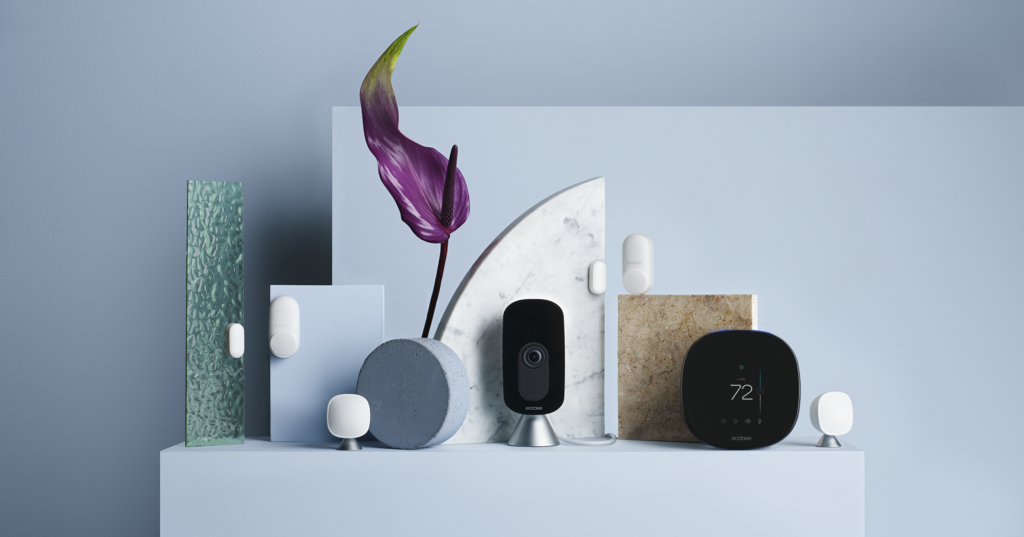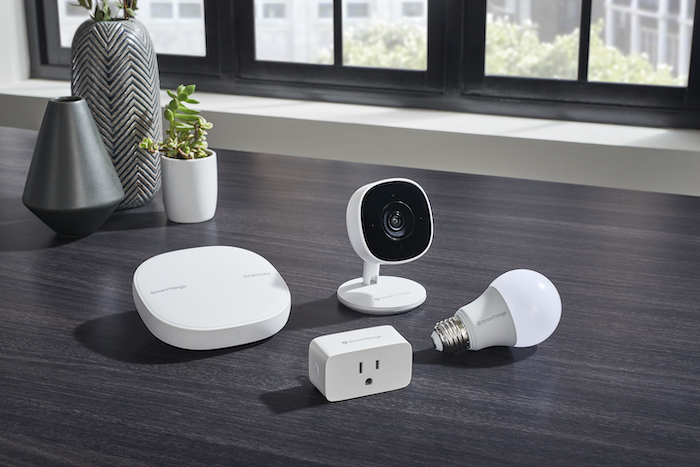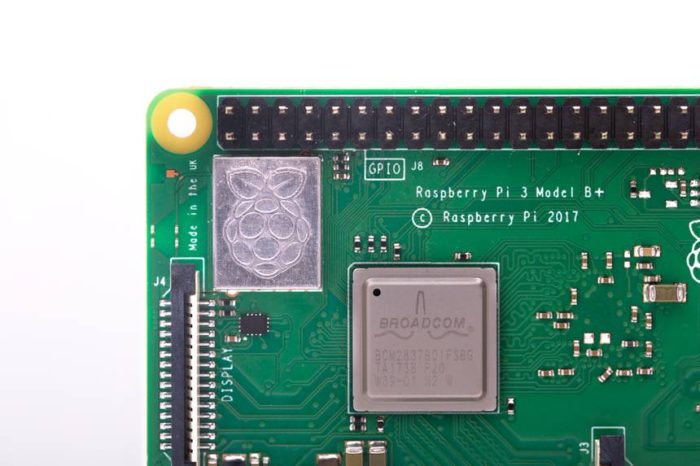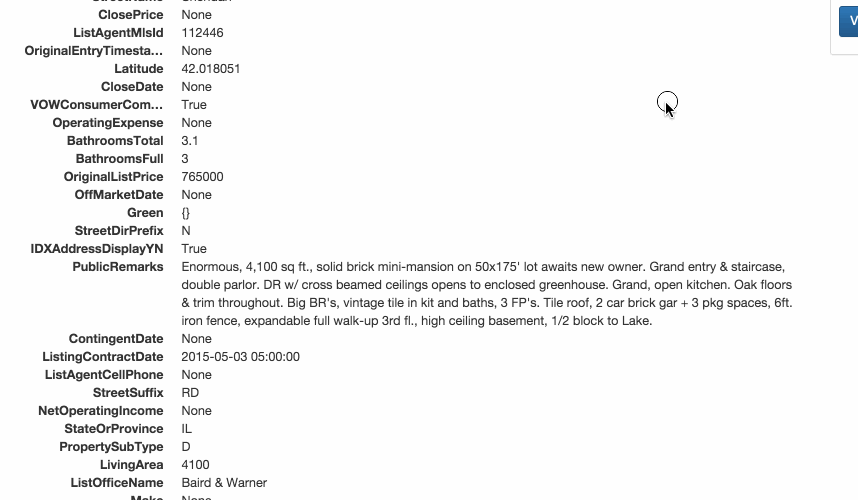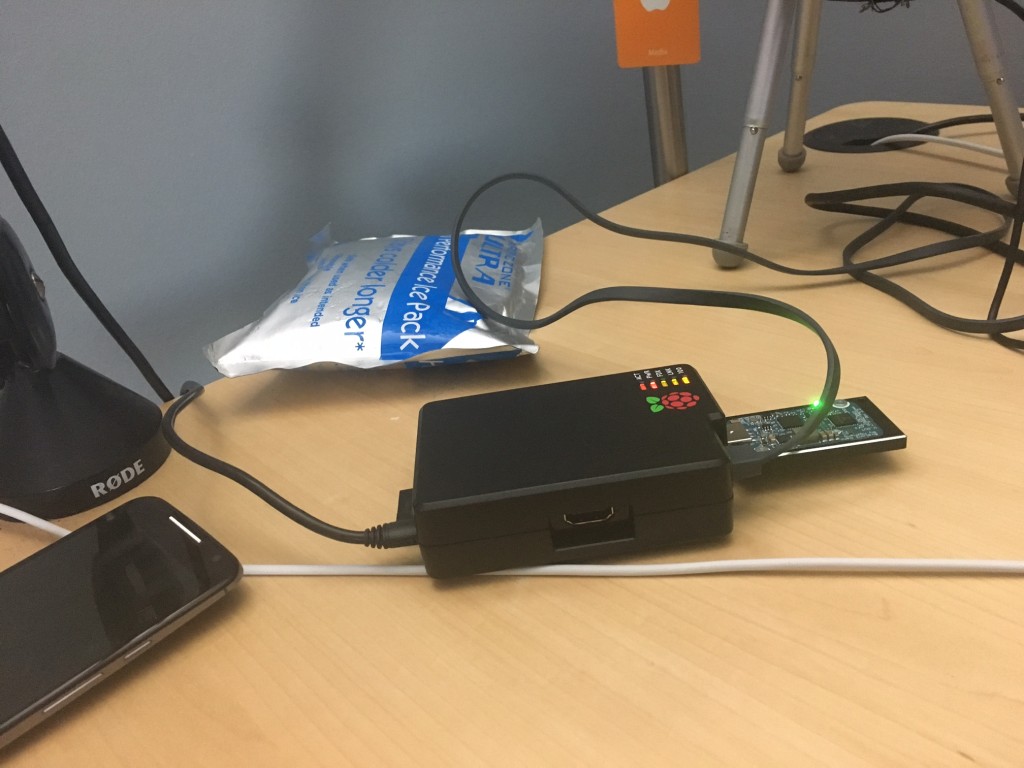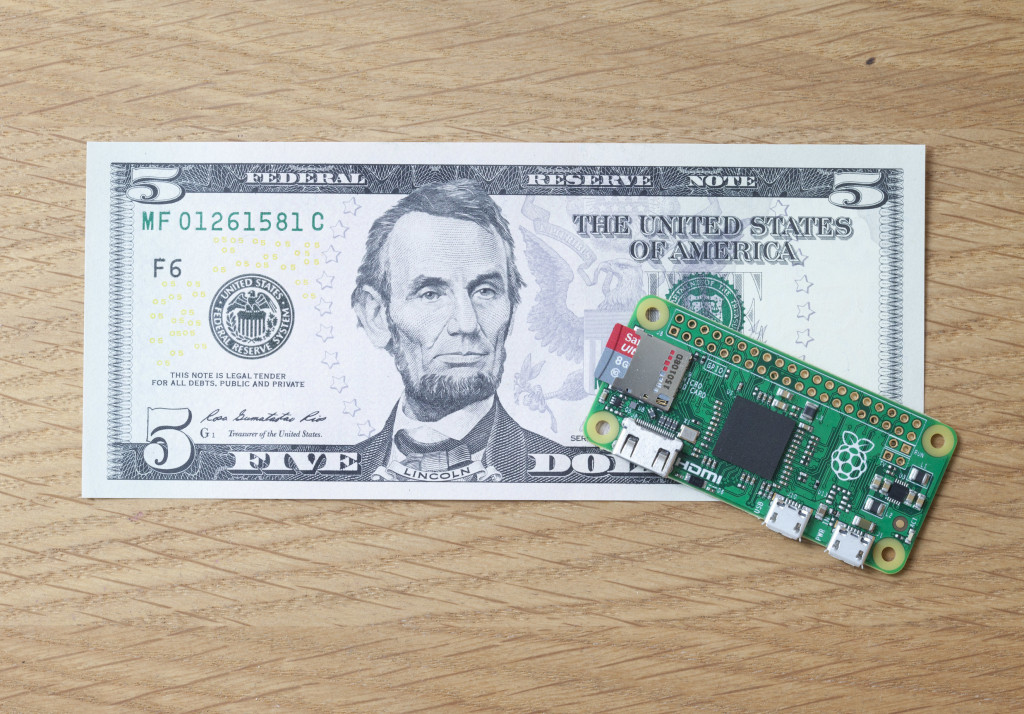This week’s podcast starts off with the launch of the Tuya Wi-Fi 6 modules, which will bring features of Wi-Fi 6 to IoT devices. Keeping on the Wi-Fi theme, we also discuss the new Shelly Wi-Fi motion sensor. We then talk about the new Raspberry Pi Pico, and the Raspberry Pi Foundation’s first custom chip before delving into Bosch’s win with AIoT. In consumer news, we cover rumors of an Amazon wall-mounted display and Fitbit’s addition of glucose monitoring. Then we explain why Renesas is buying Dialog Semiconductor, new funding for SecuriThings, and a big round for IoT security company Armis. We end by answering a listener question about Wi-Fi 6 for IoT devices, which brings the show full circle.
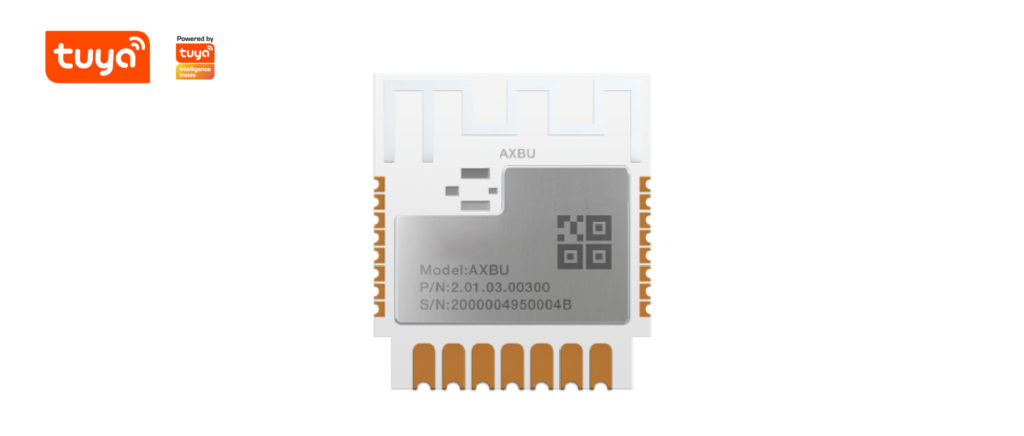
This week, our guest is Beau Woods, a cybersecurity expert who came on the show to discuss this week’s hack of a water treatment plant in Florida. He lays out the hack and lets us know whether we should freak out or not. After discussing that particular hack, we dig into the nature of threats facing the IoT and how the landscape has changed in the last four years, touching on ransomware, the new IoT Cybersecurity Act, and more secure chips. We end with Woods promoting his upcoming book, Practical IoT Hacking, which will teach readers how to hack IoT devices and help the non-technical get a sense of the types of threats they need to consider as they design their products. Enjoy the show.
Hosts: Stacey Higginbotham and Kevin Tofel
Guest: Beau Woods, a cybersecurity expert
Sponsors: Very
- What to expect from Wi-Fi 6 IoT devices
- The smallest Pi has a custom-designed microcontroller and runs FreeRTOS
- Why smart homes need a display or some useful ambient notifications
- Should we freak out over Florida’s water treatment plan hack?
- Organized crime and hackers are teaming up
Podcast: Play in new window | Download | Embed
Subscribe: RSS


